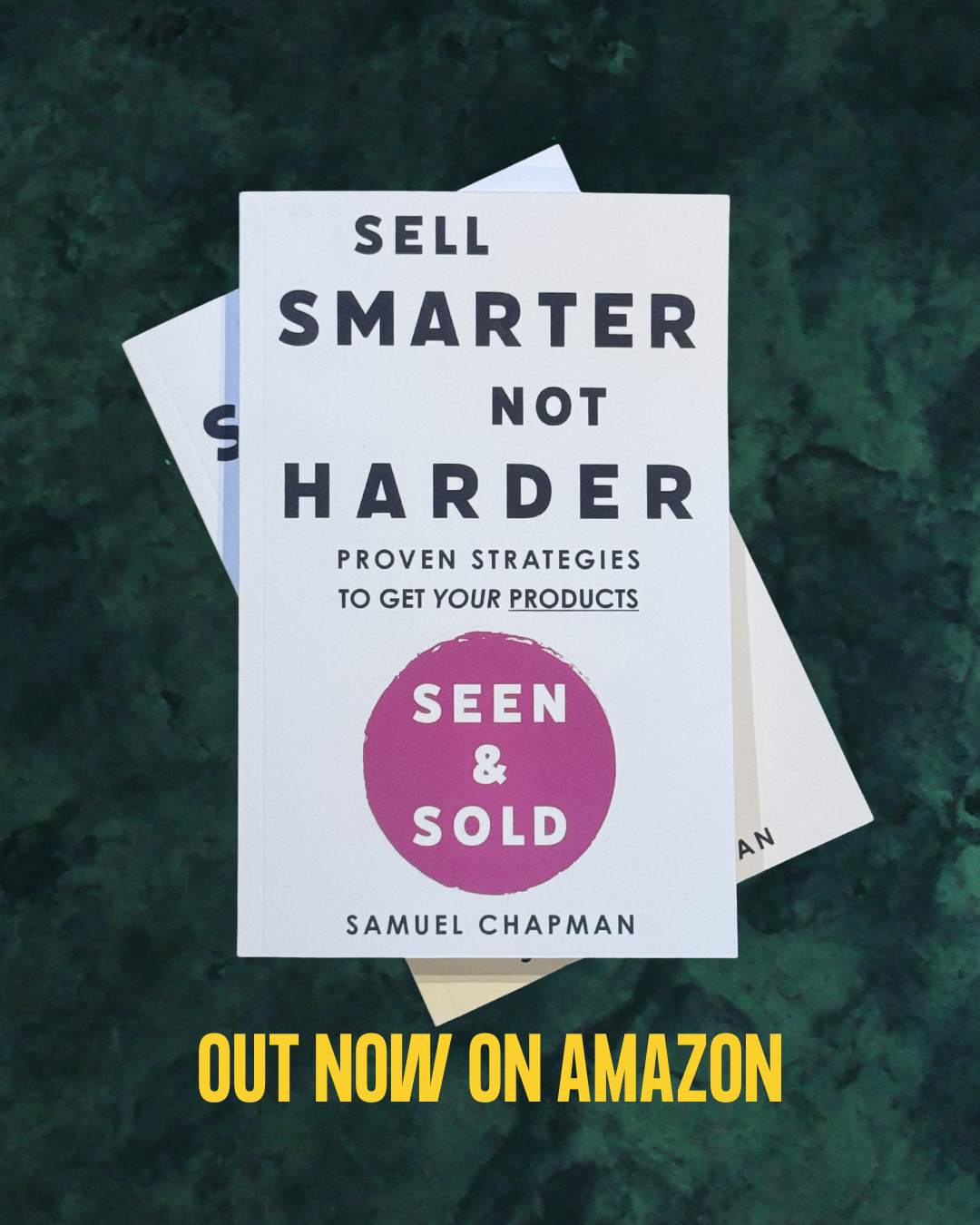Each Year, I Get Asked the Same Question:
"What’s the difference between working with you and choosing another type of coaching or course?"
And honestly? It’s a smart question.
If you’re a small business owner trying to grow with limited time and budget, it makes sense to understand what you’re investing in. There are more coaching styles, programs, and memberships available now than ever and not all are right for everyone.
This article will give a neutral, honest breakdown of the most common options available to retail and ecommerce business owners.
We’ll look at:
Pros and cons of each approach
Who they’re best suited for
Common pitfalls to watch for
So by the end, you’ll be better equipped to choose a path that fits you.
What Is 1:1 Business Coaching for Product-Based Businesses?
Best for: Product-based business owners ready to create personalised systems, offers, and strategies that lead to consistent, scalable growth.
Pros:
-
Strategy tailored to your business model and goals
-
Monthly planning + access for ongoing course correction
-
Helps avoid common product business mistakes (like underpricing or over-discounting)
-
Focused on long-term profit and confidence, not just marketing hacks
Cons:
-
Usually a higher financial investment than courses or memberships
-
Requires active implementation to see results
Group Coaching vs 1:1 Coaching, Which Is Better?
Best for: Founders who want access to coaching at a lower cost and enjoy community-based learning and accountability.
Pros:
-
Structured roadmap often included
-
Cheaper entry point than 1:1 coaching
-
Peer motivation from others at similar stages
Cons:
-
Less personalised, often built for broader application to appeal to more people
-
Can lack depth or customisation for unique retail models
- Little to no 1:1 time for you to get tailored answers to your questions
DIY Courses, Are Online Business Courses Enough?
Best for: Self-starters who want to learn a specific skill (like Etsy SEO, Instagram content, or pricing strategy).
Pros:
-
Inexpensive entry into coaching content
-
Learn on your own schedule
-
Covers tactical areas like marketing or tech setup
Cons:
-
High non-completion rates
-
No feedback, support, or accountability
-
Can’t adapt to changing market conditions
- Usually created once and left to run for years without updates so can become out of date.
Membership vs Coaching, Which Offers Better Support?
Best for: Business owners seeking community, resources, and live support without committing to 1:1 coaching.
Pros:
-
Affordable monthly model
-
Access to recurring trainings and updates
-
Sense of community and ongoing momentum
Cons:
-
Less strategic depth or advice tailored to your business
-
Risk of content overwhelm without a clear direction as to where to start
-
Not ideal for businesses that have specific questions they need answering or want personalised help

Branding and Marketing Coaches, Do You Need One?
Best for: Businesses needing help with brand identity, audience messaging, or customer journey clarity.
Pros:
-
Clarifies your positioning and visual identity
-
Helps build trust through clear storytelling
-
Supports improved customer retention
Cons:
-
Often don’t cover backend systems or sales conversion strategy
-
Limited if you're struggling with offer structure or pricing
- If you don't have backend systems and strategies set up you could stand to lose many customers or sales once your marketing starts to work.
Social Media Coaches For Visibility and Growth
Best for: Business owners looking to grow their Instagram, Pinterest, TikTok, or YouTube presence.
Pros:
-
Platform-specific strategies for reach
-
Tips on content, reels, hashtags, and engagement
-
Can help increase top-of-funnel traffic
Cons:
-
Focuses on visibility, not conversion
-
Rarely supports full sales funnel or complete strategy
- Social Media should only be one part of your marketing strategy to ensure best results.
Etsy Coaching vs Shopify Coaching, Platform-Specific Support
Best for: Ecommerce owners who sell on Etsy, Shopify, Amazon, or Not on the High Street.
Pros:
-
Technical SEO, tags, product page optimisation
-
Great for marketplace navigation
-
Can help improve conversion rate on that platform
Cons:
-
Often lacks brand-building or off-platform sales strategy that can allow for maximum profitability
-
Doesn’t build resilience beyond one platform should that platform cease to work, you could be in trouble.
What Is Wholesale Coaching?
Best for: Business owners expanding into wholesale, stockists, or trade sales.
Pros:
-
Support with line sheets, trade shows, stockist outreach
-
Pricing guidance to maintain margins
-
Helps build consistent B2B revenue streams
Cons:
-
Focused on wholesale systems, not DTC or customer relationships
-
Often requires you to already have DTC traction
- You should have a full understanding of your business and your customers needs before expanding to wholesale.
Still Not Sure? Ask Yourself...
-
Do I want ongoing feedback or just one-time guidance?
-
Is visibility my biggest issue, or is it sales conversion?
-
Do I want community, or do I prefer private support?
-
Am I ready to implement or still exploring?
Use your answers to help match your needs with the coaching style that’s right for you.
If clarity, growth, structure, and support are your next steps, you can explore working together:
Book a Free Discovery Call Here
Book Your Free Discovery Call HereWhat’s the difference between a business coach and a marketing coach?
Should I choose a course, a coach, or a membership?
Is business coaching worth it for retail stores?
How Samuel Can Help You
Join 60 seconds With Sam
The e-newsletter giving you weekly tips, advice and answering your biggest questions.








